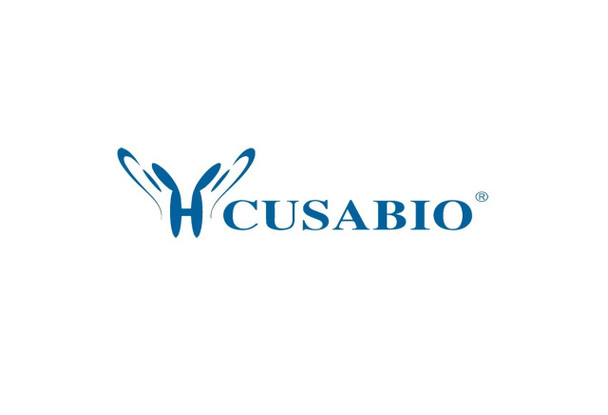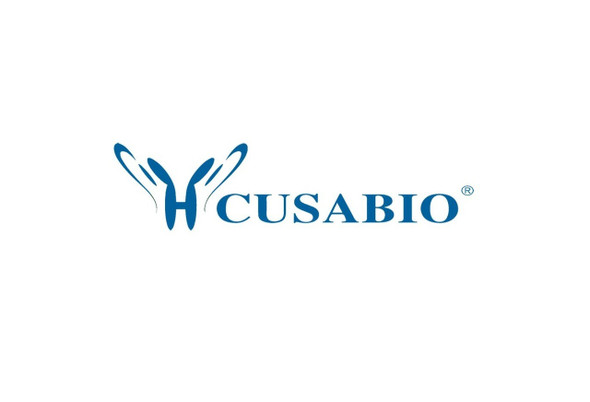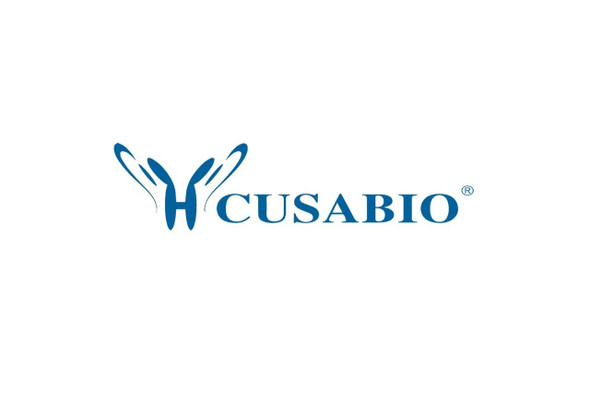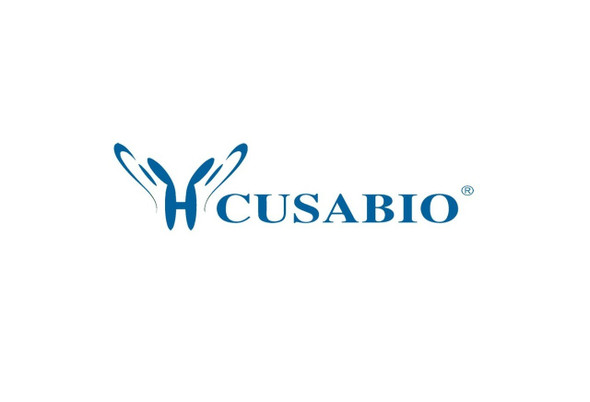Cusabio Polyclonal Antibodies
Phospho-KDR (Tyr1214) Antibody | CSB-PA917275
- SKU:
- CSB-PA917275
- Availability:
- 3 to 7 Working Days
- Size:
- 100ul
Description
Phospho-KDR (Tyr1214) Antibody | CSB-PA917275 | Cusabio
Phospho-KDR (Tyr1214) Antibody is Available at Gentaur Genprice with the fastest delivery.
Online Order Payment is possible or send quotation to info@gentaur.com.
Product Type: Polyclonal Antibody
Target Names: KDR
Aliases: FLK1; KDR; VGFR2; VGR2; kinase insert domain receptor
Background:
Receptor for VEGF or VEGFC. Has a tyrosine-protein kinase activity. The VEGF-kinase ligand/receptor signaling system plays a key role in vascular development and regulation of vascular permeability. In case of HIV-1 infection, the interaction with extracellular viral Tat protein seems to enhance angiogenesis in Kaposi's sarcoma lesions
Lamalice L, et al. (2004) . Oncogene.23 (2) : 434-445.
Takahashi T, et al. (2001) . EMBO J .20 (11) : 2768-2778.
Isotype: IgG
Conjugate: Non-conjugated
Clonality: Polyclonal
Uniport ID: P35968
Host Species: Rabbit
Species Reactivity: Human, Mouse
Immunogen: Peptide sequence around phosphorylation site of tyrosine 1214 (F-H-Y (p) -D-N) derived from Human VEGFR2.
Immunogen Species: Human
Applications: ELISA, WB, IHC, IF
Tested Applications: ELISA, WB, IHC, IF;WB:1:500-1:1000, IHC:1:50-1:100, IF:1:100-1:200
Purification Method: Antibodies were produced by immunizing rabbits with synthetic phosphopeptide and KLH conjugates. Antibodies were purified by affinity-chromatography using epitope-specific phosphopeptide. Non-phospho specific antibodies were removed by chromatogramphy using non-phosphopeptide.
Dilution Ratio1: ELISA:1:2000-1:10000
Dilution Ratio2: WB:1:500-1:1000
Dilution Ratio3: IHC:1:50-1:100
Dilution Ratio4: IF:1:100-1:200
Dilution Ratio5:
Dilution Ratio6:
Buffer: Supplied at 1.0mg/mL in phosphate buffered saline (without Mg2+ and Ca2+), pH 7.4, 150mM NaCl, 0.02% sodium azide and 50% glycerol.
Form: liquid
Storage: Upon receipt, store at -20°C or -80°C. Avoid repeated freeze.
Initial Research Areas: Cardiovascular
Research Areas: Cancer;Cardiovascular;Metabolism;Microbiology;Signal transduction;Stem cells






